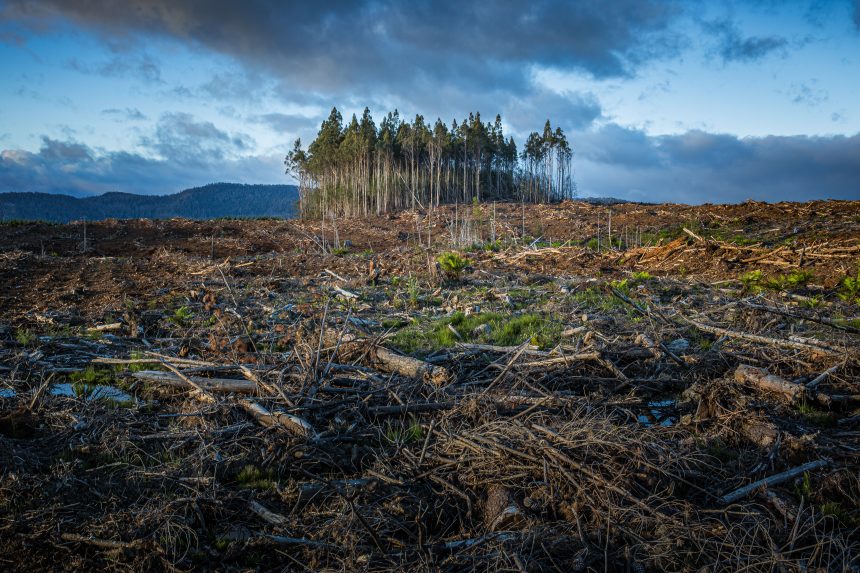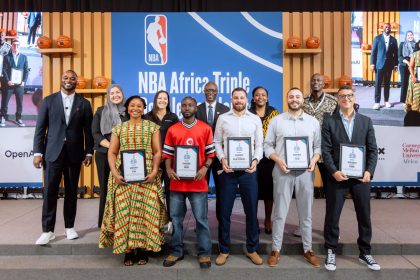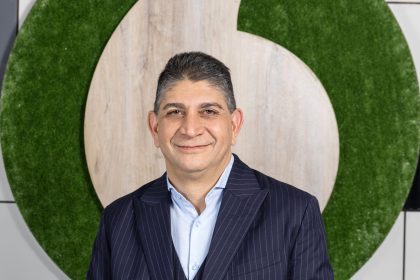GenZero, an investment platform company that aims to accelerate decarbonisation, has signed a memorandum of understanding (MOU) with carbon project developer AJA Climate Solutions to invest in a $30 million landscape restoration project in Ghana.
The MOU comes after the governments of Ghana and Singapore concluded negotiations on an implementation agreement that enabled the bilateral transfer of carbon credits, which is aligned with Article 6 of the Paris Agreement.
Details
The upcoming project will begin in the fourth quarter of 2023. The project is located in the greater Kwahu area in the eastern part of Ghana.
According to GenZero, the project aims to regenerate an estimated 100,000 hectares of degraded lands, restore the landscape’s biodiversity and transform it into an economically-productive ecosystem for the local indigenous population.

Once the project is implemented, the carbon credits generated from the restoration will come with corresponding adjustments, with the first issuance targeted in 2028.
What They’re Saying
Frederick Teo, chief executive officer of GenZero, said that its collaboration in Ghana represents an important effort to ensure the integrity, quality, and transparency of the carbon credits being developed, and bring about a positive impact on the local community and ecology of Ghana.
Why This Matters
This means that corporates that bought these credits would be able to offset part of their liability under Singapore’s carbon tax. These credits may also be used to offset Singapore’s national emissions.
The Singapore government has allowed companies to use high-quality, international carbon credits to offset up to 5 per cent of taxable emissions, in lieu of paying the carbon tax.
It is currently at S$5 per tonne of carbon dioxide equivalent, but will be raised to S$25 in 2024 and 2025, and then S$45 in 2026 and beyond. The plan is for the carbon tax to reach between S$50 and S$80 per tonne by 2030.
The Bigger Picture
Carbon credits that come with corresponding adjustments mean that the emissions being offset is only counted once by the country that bought the credits, while the country that produced them would give up the right to use the credits to meet their own national targets.
This is to avoid the double counting of underlying emissions reductions or removals when carbon credits are traded.
Source: Business Times
Catch up on news and other tidbits on our WhatsApp Community Page, Twitter/X, and subscribe to our weekly newsletter to ensure you don’t miss out on any news.










